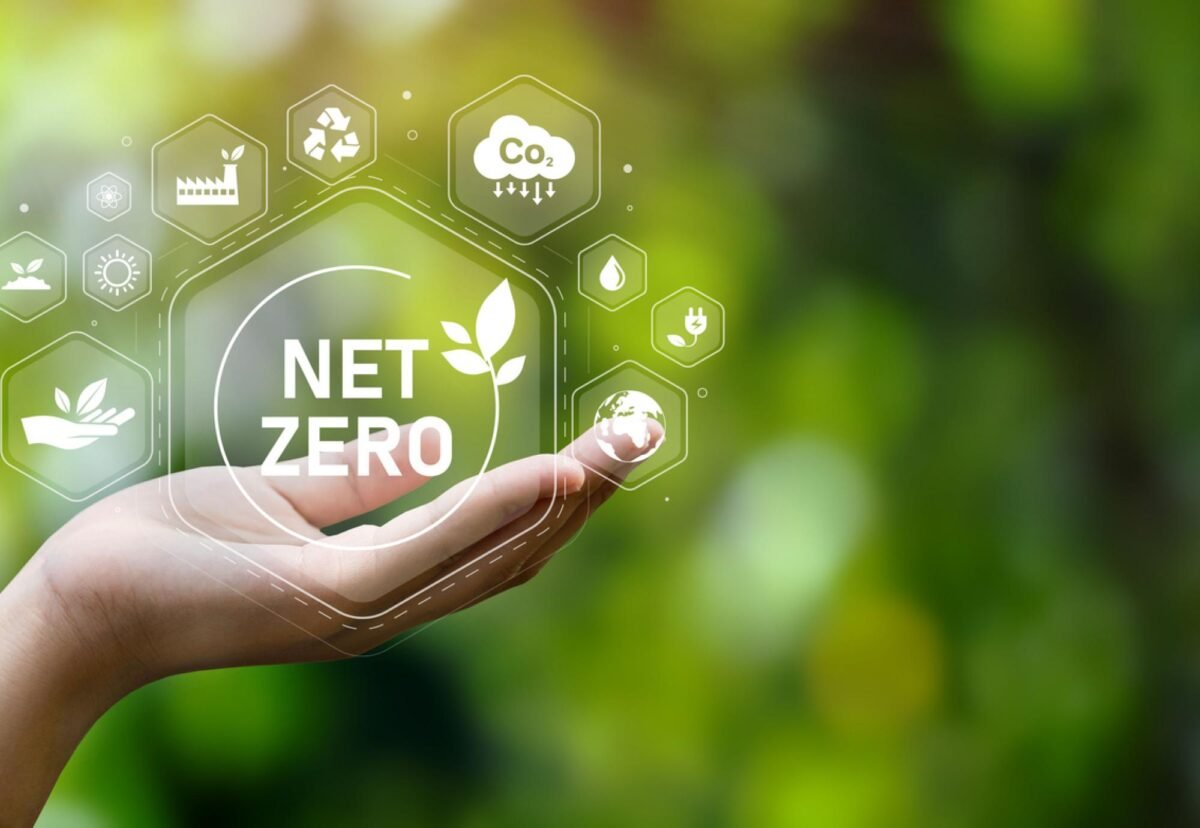Nadia KVK Becomes India’s First Net Zero Certified Agricultural Hub
Nadia Krishi Vigyan Kendra (KVK), affiliated with Bidhan Chandra Krishi Viswavidyalaya and under the jurisdiction of ICAR-Agricultural Technology Application Research Institute (ATARI), Kolkata, has achieved a historic milestone by becoming India’s first Net Zero certified Krishi Vigyan Kendra (KVK)
Nadia Krishi Vigyan Kendra (KVK), affiliated with Bidhan Chandra Krishi Viswavidyalaya and under the jurisdiction of ICAR-Agricultural Technology Application Research Institute (ATARI), Kolkata, has achieved a historic milestone by becoming India’s first Net Zero certified Krishi Vigyan Kendra (KVK). This groundbreaking accomplishment follows a pioneering MoU between ICAR-ATARI, Kolkata, and Inhana Organic Research Foundation (IORF), Kolkata, and was officially recognized with the Sustainable Agriculture Carbon Footprint Certificate by the UK-based i-NoCarbon Limited.
The certificate was unveiled by Dr A.K. Patra, Vice-Chancellor, Bidhan Chandra Krishi Viswavidyalaya, during the 19th Scientific Advisory Committee Meeting of Nadia KVK, in the presence of Shri S. Arun Prasad, IAS, District Magistrate of Krishnanagar; Dr Avijit Samanta, SDO, Kalyani; Dr P. Das Biswas, Director, IORF; and Dr S.B. Goswami, Director, DEE, BCKV.
Dr Patra praised the team for achieving an impressive net carbon footprint of (-) 74.99 metric tonnes of CO₂e, emphasizing their commitment to sustainable agricultural practices. He stated that this achievement positions Nadia KVK as a groundbreaking “Make in India” initiative, setting a global standard for Voluntary Carbon Market (VCM) projects.
Dr Biswas attributed the success to the Clean Food Net Zero (CFNZ) Model, which promotes pesticide-free farming and uses Novcom compost to reduce emissions while enhancing carbon sequestration in perennial plants. He emphasized that the KVK Net Zero Model, combined with the CFNZ Program, provides a scalable framework for CSR, Net Zero compliance, carbon credits, and soil restoration.
Dr Pradip Dey, Director, ICAR-ATARI Kolkata, discussed the significance of ACFA Version 1.0, India’s first indigenous carbon computing framework. ACFA integrates international standards such as IPCC guidelines, the GHG Protocol, ISO 14064-1, and PAS 2050 to ensure precise carbon assessment. Dr Dey also highlighted the improvements made in ACFA Version 2.0, which supports enhanced footprint assessments and sustainability initiatives like the Regenerative Tea Initiative.
This pioneering effort is poised to serve as a model for the 731 KVKs across India, driving a nationwide shift toward a greener, more sustainable, and resilient agricultural future.
Nadia Krishi Vigyan Kendra (KVK), affiliated with






